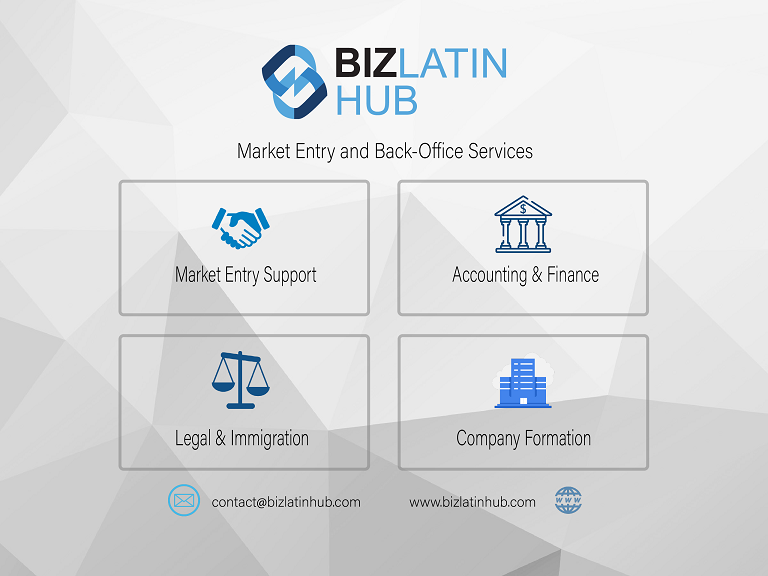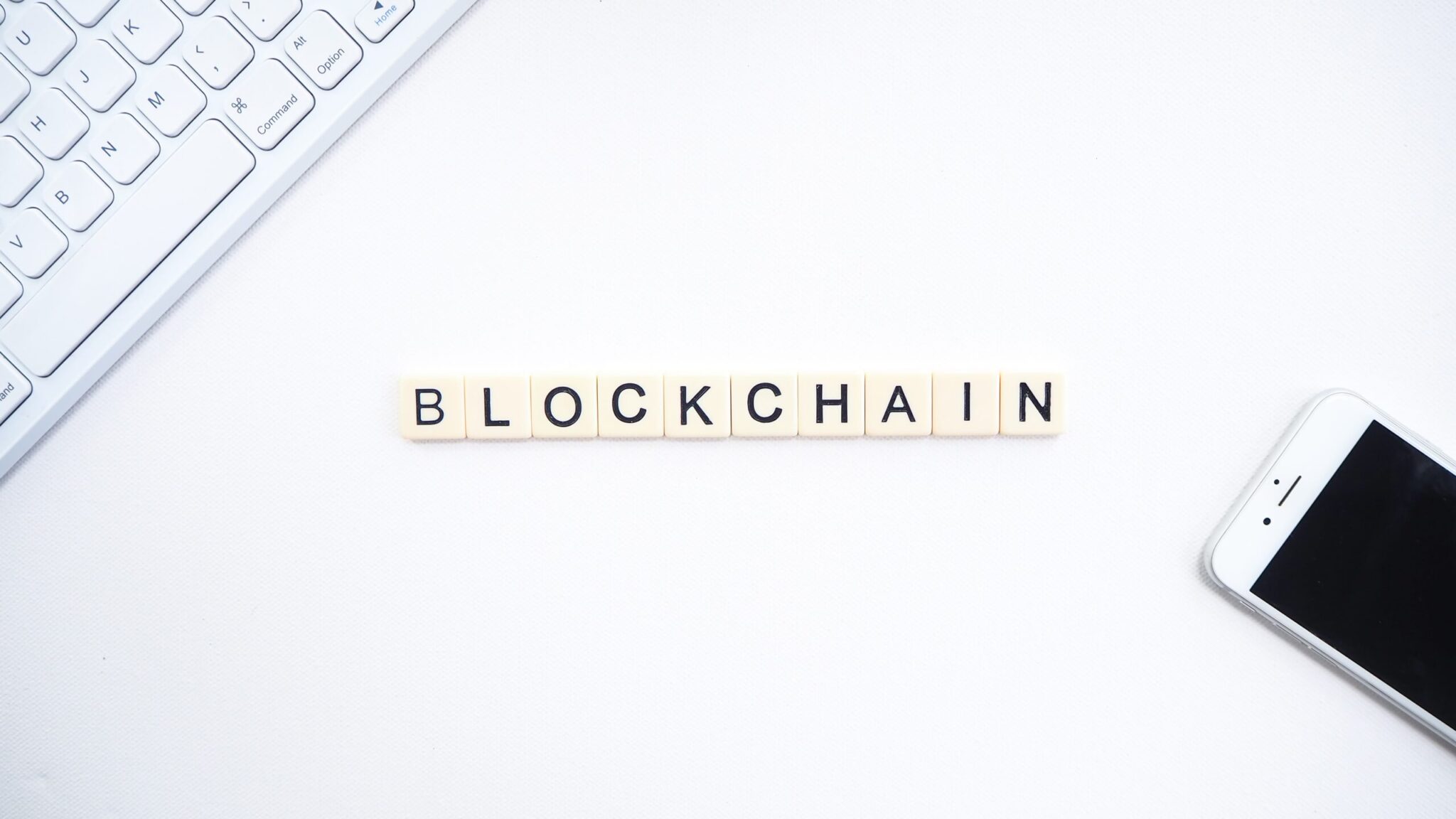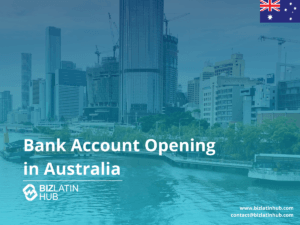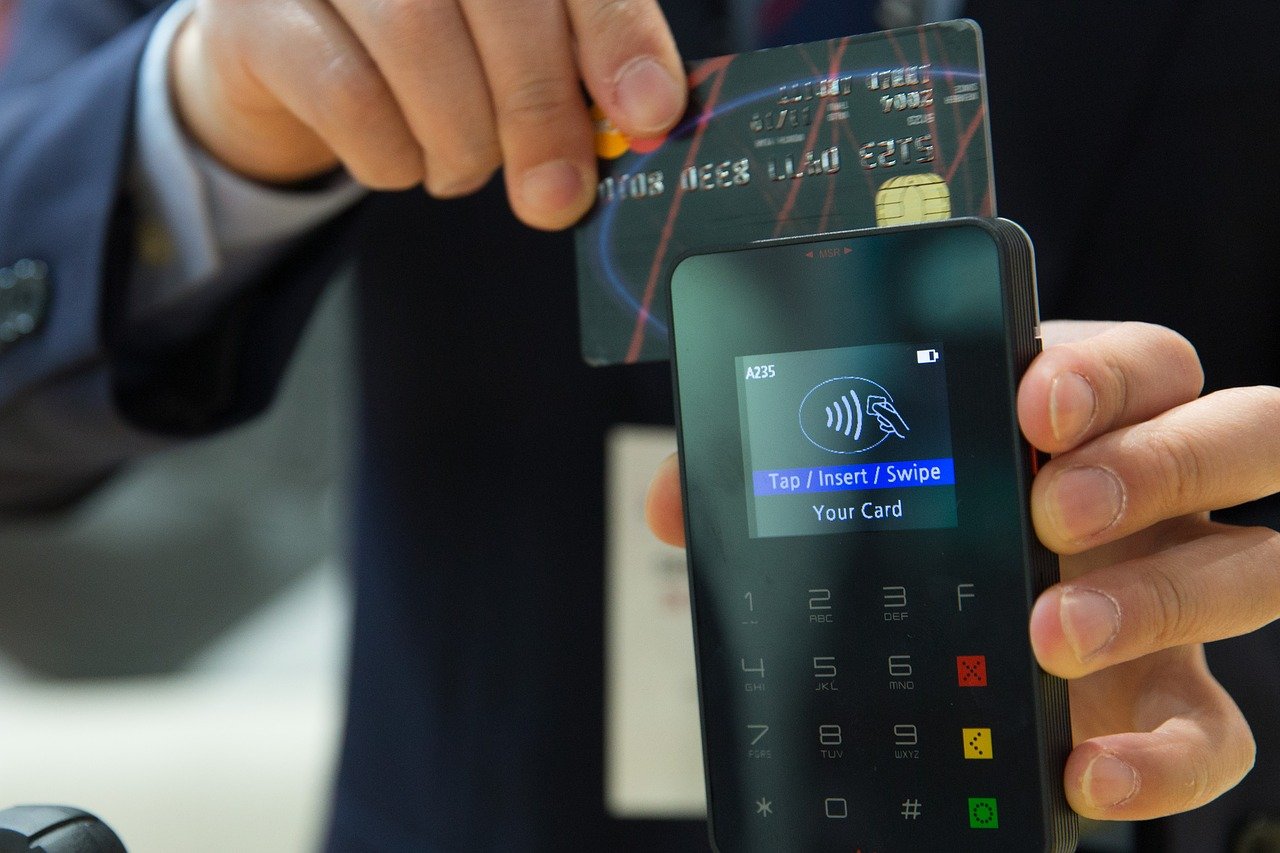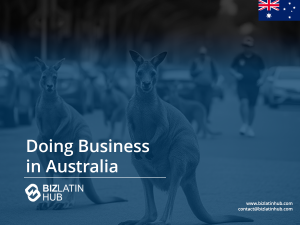
The Australian government recently unveiled plans to ramp up innovation through blockchain technology with an updated roadmap. The Ministry for Science, Industry, Energy and Resources has formulated a new national plan aimed at generating value of business-related blockchain activity, with a specific focus on supporting international supply chain management systems and tracking.
The roadmap mainly focuses on three areas:
- Skills
- Capability and innovation
- International investment and collaboration
- Regulation and standards.
We explore the government’s plan to boost technology and innovation in Australia, and what that could mean for opportunistic businesses considering an Australian expansion.
Government agenda to develop technology and innovation in Australia
The Australian government engaged in March 2019 with industry and researchers to develop the National Roadmap to emphasize blockchain’s opportunities and potential.

The technology of blockchain is expected to generate a worldwide annual business value of over US$175 billion by 2025 and in excess of US$3 trillion by 2030.
The Australian government has also provided support and capital for public sector, private sector and researchers to foster innovation and co-operation around blockchain technology. Using programs such as Austrade business missions to international markets, Australian Research Council Grants, the Entrepreneur’s Program, and Business Research and Innovation Initiative pilots.
The government’s investments have been advancing blockchain technology, creating international standards for blockchain and facilitating businesses to bring blockchain products to market. Many of these investments are defined in case studies throughout the Roadmap.
Australia’s capability to capitalize on their current standing and to realize the potential of blockchain, both internationally and domestically, relies on ensuring key fundamentals are in place:
- Effective, efficient and proper regulation and criteria
- The skills and abilities that can force innovation
- Strong international investment and cooperation.
Getting these fundamentals right for Australia’s growing blockchain industry will make sure companies in Australia can take advantage of valuable emerging business opportunities, and the growth this technology can facilitate.
What is blockchain?
A blockchain is a growing list of records, called blocks, that are virtually linked using cryptography. Each block includes a cryptographic hash of the earlier block, a timestamp, and transaction data.
A blockchain is resistant to adjustment of the data by design. The Harvard Business Review describes blockchain as “an open, distributed ledger that can record transactions between two parties efficiently and in a verifiable and permanent way”. For use as a distributed ledger, a blockchain is managed by a peer-to-peer group collectively adhering to a set of rules for inter-node interaction and certifying new blocks.
Once noted, the data in any given block cannot be changed retroactively without modification of all following blocks, which requires consensus of the network majority. Although blockchain records are not fixed, blockchains may be considered safe by design and exemplify a distributed computing system with consensus even when some of the nodes in the network fail to respond or respond with incorrect information (known as Byzantine fault tolerance).
The creation of the blockchain for Bitcoin made it the initial digital currency to solve the double-spending dilemma without the need of a reliable authority or central server. Bitcoin has inspired the creation of other applications, and blockchains that are understandable by the public are widely used by cryptocurrencies. Blockchain is considered a type of payment rail. A payment rail is a payment platform or a payment network that moves money from a payer to a payee.
Common misconceptions about blockchain
‘Blockchain is Bitcoin’
Bitcoin brought blockchain to public attention, but blockchain and Bitcoin are not synonymous. Blockchain is the fundamental technology for Bitcoin, facilitating transactions to occur immediately between two parties without going through a third party like a bank.
‘Blockchain is fintech’
Blockchain is frequently associated being a financial services technology. This is because of its association with cryptocurrencies like Bitcoin as well as the high level of relevance shown by the fintech sector. But, its use for the purpose of tracking and recording data can add value to a lot of sectors like healthcare, agriculture, real estate, retail, and many more.
‘There is only one type of blockchain’
There are several types of blockchain. There are public blockchains in which anyone can read, write, and participate in the consensus process. And there are private blockchains, where a central authority regulates everything in the blockchain, including the writing and reading from the chain and the consensus process. Therefore, it is not free for anyone and everyone. A predefined set of members have a role in the consensus mechanism in a permissioned (private) blockchain. Substantially, they have special rights to read and/or write to the blockchain.
Investing in blockchain technology and innovation in Australia

Surveys from market observers in 2018 conclude that 7% of global executives currently consider Australia to be a blockchain leader, ahead of Japan (6%), Denmark, the UK, Hong Kong, and India (Each at 5%). But Australia is still significantly behind the US (29%) and China (18%). Respondents indicated that only Australia, India, and China were expected to expand their share through to 2023.
The most advanced industry in developing blockchain is financial services with 46% in 2019. Compared to 2017 this sector accounted for 82%. Therefore, a shift away from the financial services sector can be seen. The growing industries now are industrial products and manufacturing (12%), energy and utilities (12%), healthcare (11%) and government (8%). This implies an expanding engagement with blockchain potential through a broader range of industries.
Australia has demonstrated innovation and leadership in blockchain in areas such as international standards, smart programmable money and bond operations, while also conducting trials in the agricultural, energy, and public sectors. For example, in one of the world-first trials, the Commonwealth Bank of Australia and CSIRO’s Data61 conducted a trial for smart money, also known as programmable money, motivated by the context of Australia’s National Disability Insurance Scheme (NDIS). The proof-of-concept trial demonstrated that smart money would, if scaled and applied across the ND1S ecosystem, result in annual economic benefits equating to hundreds of millions of dollars.
In October 2019, the European Commission published its report, Blockchain now and tomorrow: Assessing the impact of distributed ledger technologies. This report provides an in-depth study of blockchain and its potential, while avoiding the hype related with the technology. According to the organization, “blockchain has the potential to transform the way we exchange a much wider range of assets… it could enable the secure transfer of money, contracts, land titles, data, services and other assets digitally, with few or no intermediaries.”
Be a part of technology and innovation in Australia with Biz Latin Hub
Invest in Australia and gain access to this exciting, forward-thinking country.
Australia’s pro-business government sets clear, and complex legal, accounting and other corporate obligations for new entrants to its market. Foreign executives will, therefore, need to engage experienced local legal and accounting specialist in order to get set up and operate in full compliance with local law.
Biz Latin Hub specializes in assisting market entry to foreign in-coming businesses, providing a range of legal and financial services to aid in the incorporation and ongoing operations of your company in full compliance with Australian law.
Learn more about our team and expert authors.
